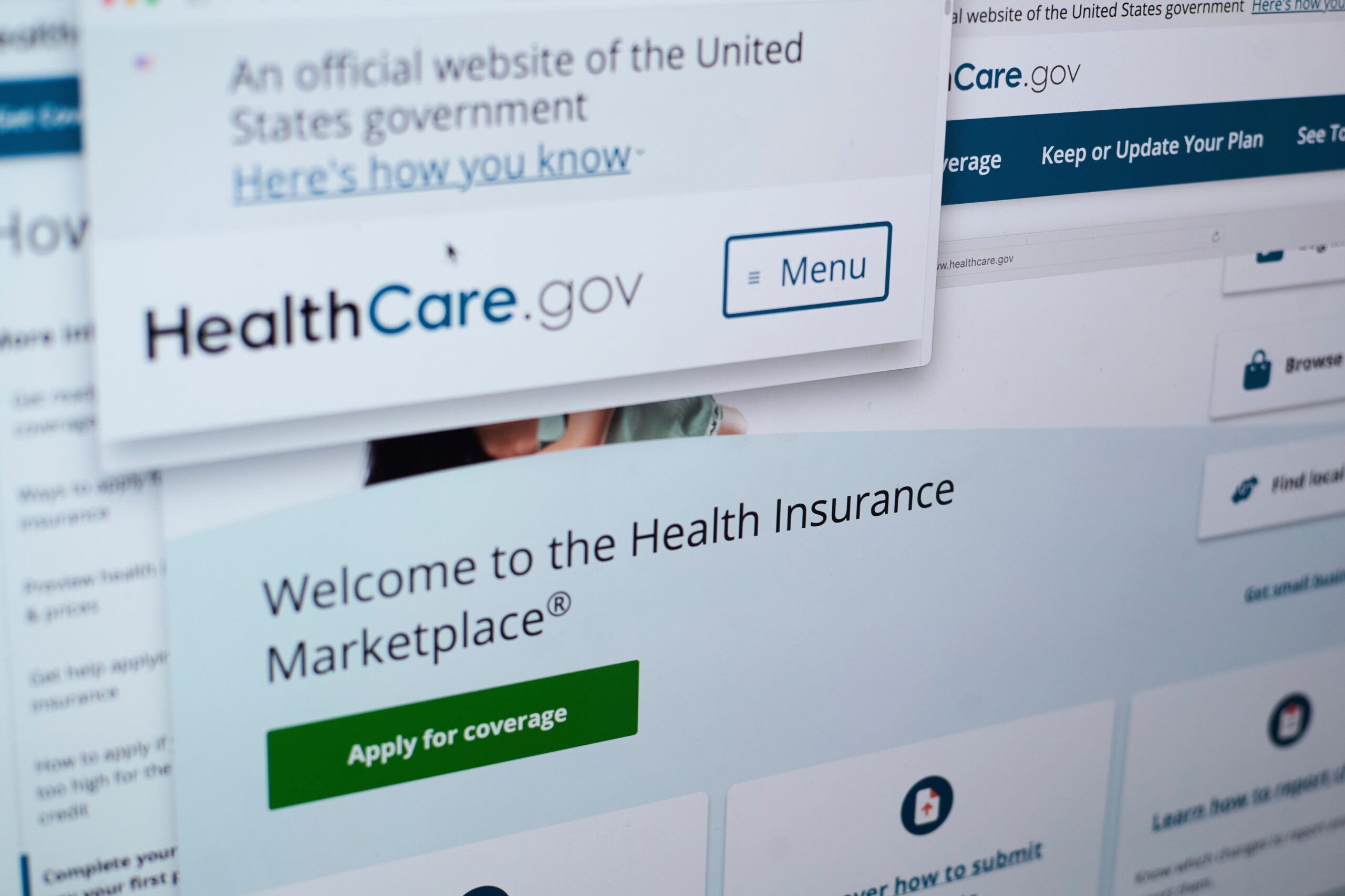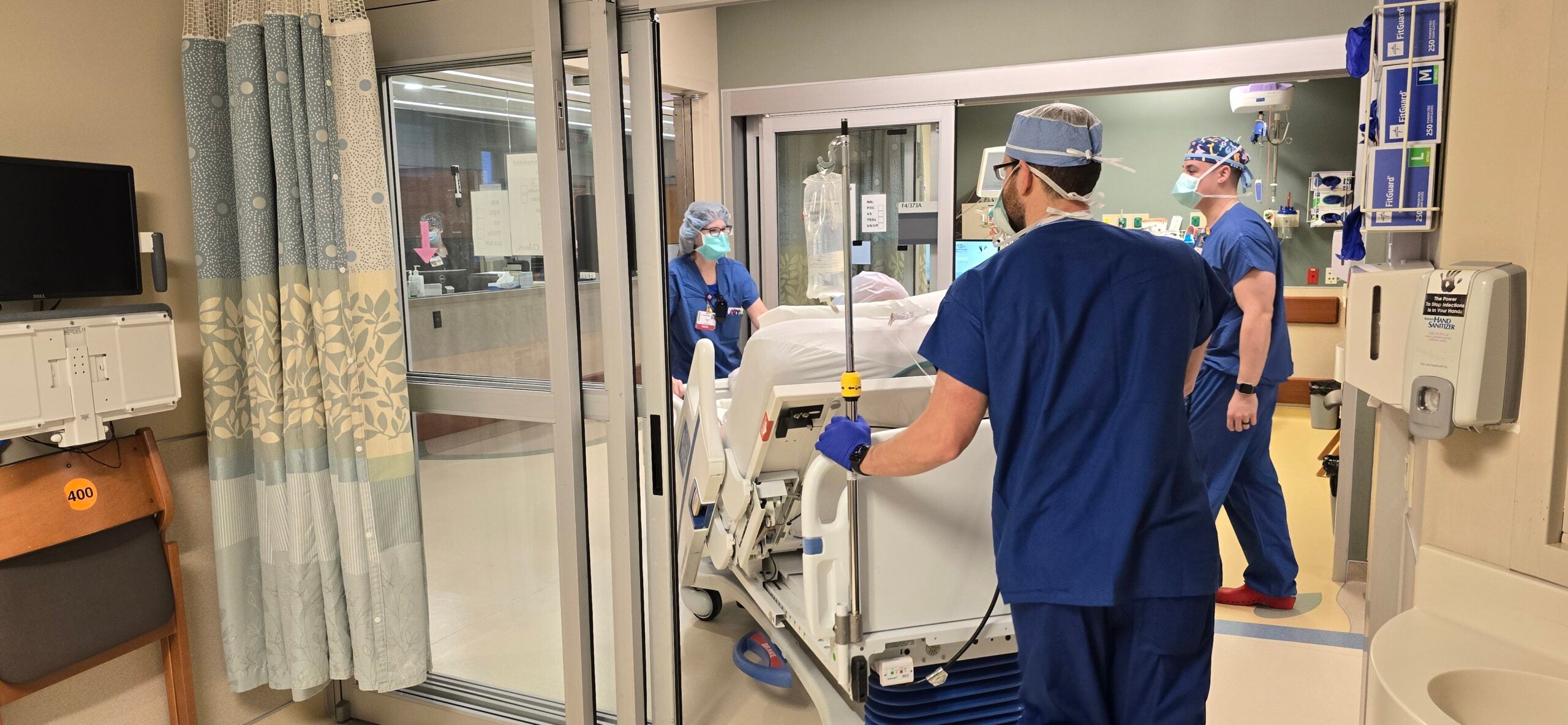A national report shows employer-sponsored health insurance plans in Wisconsin pay significantly more than Medicare prices. But hospital leaders said the findings don’t accurately represent costs for private insurance.
The report by the RAND Corporation looked at insurance claims data provided by employers and health plans. It found that the costs paid by private insurance in 2022 were 318 percent higher in Wisconsin than the estimated price paid by Medicare for the same services. That puts Wisconsin at the fifth highest in the country, with the national average coming in at 254 percent.
Wisconsin Manufacturers & Commerce, the state’s largest business advocacy group, said the study is evidence that rising health care costs are making it more difficult for employers to provide affordable benefits to their staff.
News with a little more humanity
WPR’s “Wisconsin Today” newsletter keeps you connected to the state you love without feeling overwhelmed. No paywall. No agenda. No corporate filter.
Rachel Ver Velde, WMC’s associate vice president of government relations, said it’s a national issue, but Wisconsin’s even higher prices puts employers in the state at a disadvantage.
“Our members say that they’re paying very high prices,” Ver Velde said. “If they have facilities in other states, they’re paying lower prices there.”
But the Wisconsin Hospital Association, along with its national counterpart, claims the report is not an accurate look at what hospitals are charging employer-sponsored insurance plans.
Joanna Alig, WHA’s senior vice president for public policy, pointed out that the data used in the RAND report is volunteered by employers and insurance providers, calling it “severely limited.”
“(The data) represents just 1.3 percent of all outpatient visits in Wisconsin, and only 2.7 percent of the inpatient discharges,” said Alig, citing annual hospital survey data collected by WHA. “While we believe that health care pricing and payment certainly are very important issues, we think that discussions about those issues really need to be based on comprehensive data.”
Consolidation in health care is leading to higher prices. But leaders disagree on whether hospitals, insurance are to blame.
Ver Velde said part of the problem behind higher prices is the growing consolidation among hospitals. The RAND report said researchers found a correlation between how much prices varied for private insurance and the amount of market share a hospital controlled in a state.
It’s far from the first report to point to consolidation as a negative impact on prices. KFF, which provides health policy research, reports that a substantial body of research shows that consolidation has led to higher health care prices, with the strongest evidence related to hospitals.
Ver Velde said Wisconsin has seen its own share of hospital consolidation in recent years.
“Employers need that competition in order to drive down costs and help their employees be able to afford health care,” she said. “So we are very concerned about consolidation and we are very supportive of transparency in order to allow people to make better decisions.”
But Alig from the hospital association said consolidation among private health insurance providers is a much bigger issue impacting health care. An American Medical Association study from 2023 found that 73 percent of metropolitan areas had highly concentrated health insurance markets.
“It seems to me that when we think about the consolidations on the insurance market side, that’s really sort of where the leverage is,” Alig said.
Alig also said that comparing costs for private health insurance to Medicare is an imperfect analysis. She said government officials set the rates that hospitals can charge Medicare and Medicaid, which means they aren’t paying the actual cost for the services.
“In the end, that gets shifted to sort of the commercial market,” she said. “As Medicare and Medicaid have grown over the years, there’s sort of been this squeeze on that side.”
Alig said addressing the way these factors impact employers and the workers receiving health insurance is important. But she said better data is needed to inform that conversation.
WMC would also like to see better data around hospital costs in the form of better price transparency.
Ver Velde said her organization supported a bill in the state Legislature this session that would have reiterated federal price transparency laws at the state level. She hopes lawmakers will bring it back next session, saying the change will allow Wisconsinites to “access to quality data and information in order to make informed decisions.”
Wisconsin Public Radio, © Copyright 2025, Board of Regents of the University of Wisconsin System and Wisconsin Educational Communications Board.





